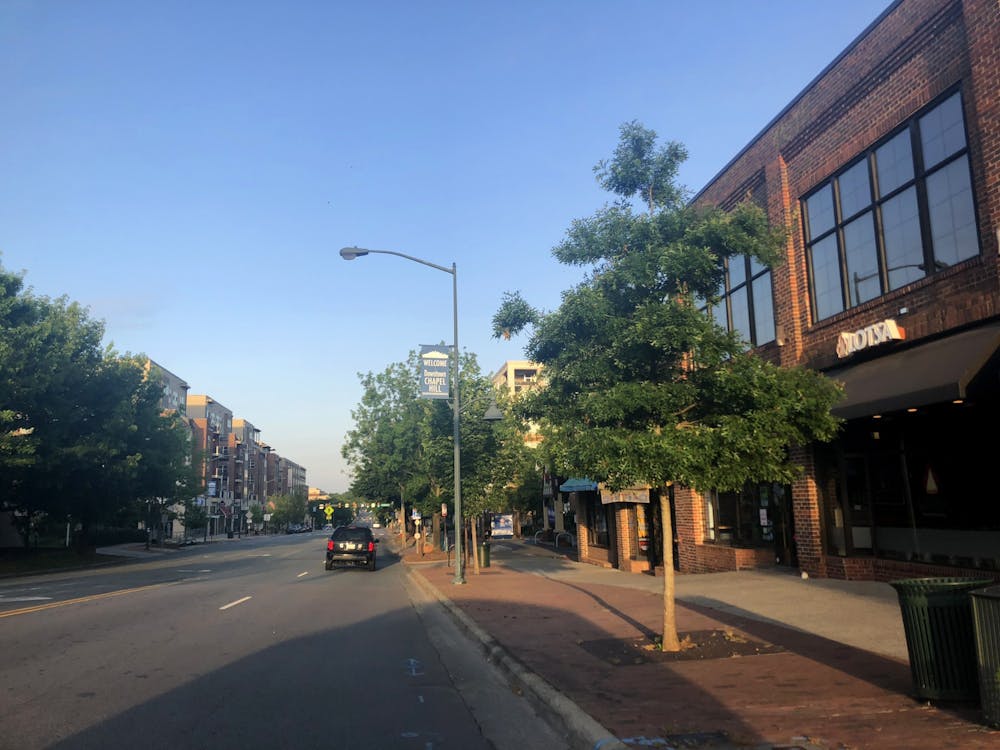N.C. Governor Roy Cooper announced in a press briefing today that the state will move into a “modest” Phase 2 of his COVID-19 recovery plan this Friday, May 22 at 5 p.m.
Dine-in restaurants, salons, barbershops, and swimming pools will be able to reopen at half capacity during this phase. Other businesses, like gyms, bars and public playgrounds, will remain closed.
Under Cooper's new executive order, the stay-at-home guidelines will be replaced with “safer-at-home” recommendations, which Cooper said will be important to follow for those more susceptible to severe illness.
“Safer-at-home means just what it says: just because you can go more places, doesn’t mean you always should,” Cooper said.
Although mass gatherings will be limited to 10 people indoors and 25 people outside under the new order, Cooper said these rules do not apply to religious gatherings. However, he said he hopes religious leaders and participants will keep safety measures in mind.
The modified safety rules for restaurants, which can open for dine-in service under the order, include making sure customers are standing six feet apart when waiting to be seated and keeping separate tables and seating six feet apart.
Additionally, NC Department of Health and Human Services guidelines recommend that only six people are sat per table with the exception of families, staff wear facial coverings and hand sanitizer be provided to patrons at restaurant entrances.
N.C. Secretary of the Department of Health and Human Services Dr. Mandy Cohen said the phase, which will last at least five weeks, will be more cautiously enacted than officials originally planned.
“We are moving to Phase 2, but we need to move in a more cautious way,” Cohen said. “Our rising case counts indicate that we need to take a more modest step than we originally planned. We need to be incredibly vigilant to slow the spread of the virus.”



